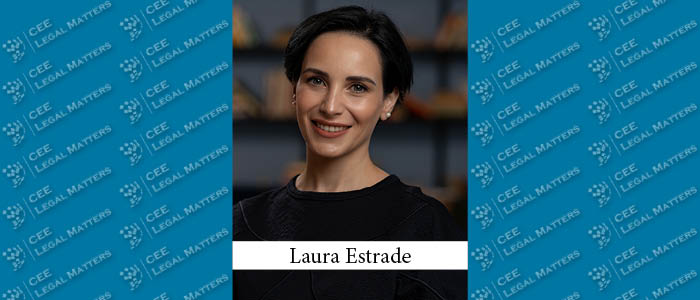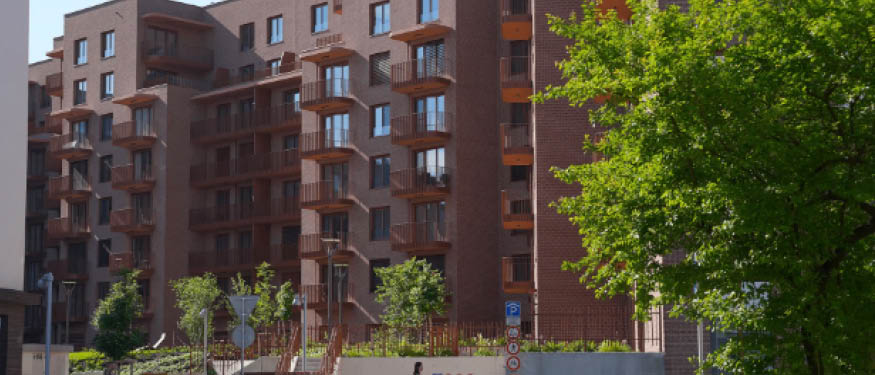A high degree of effervescence in the country, with massive legislative updates both taking hold and still in the works – as well as a potential Prime Minister rotation soon to come – is what keeps lawyers talking in Romania, according to Act Legal Romania Partner Laura Estrade.
“There has been a bit of a slowdown around New Year’s, with many catching a well-deserved break after a very intense 2022 – but 2023 has since kicked off in force across all sectors,” Estrade begins. “The current dynamic of 2023 is quite, quite positive even with the wider geopolitical context of the war and economic turmoil.”
At the end of December 2022, the new whistleblowing legislation entered into force in Romania, which, according to Estrade, means that “companies that have over 250 employees should be very careful and compliant. There hasn’t been any sort of a grace period for this new law, meaning that it applies from day one.” She goes on to add that the National Agency for Integrity announced the launch of a new speak-up channel, to be used by employees to blow the whistle, should the “internal, mandatory corporate channels prove fruitless.” Additionally, she notes that a new “law on social dialogue was enacted, amending the minimum threshold for negotiating a collective bargaining agreement. The new threshold is set at ten employees, down from the previous 21.”
Continuing, Estrade reports a positive change for energy developers. “Starting this January, the urban zoning plan – PUZ – is no longer required for the development of smaller renewable projects. This slims down the project timeline by several months – up to nine in total,” she explains. “Still, this PUZ exemption is only applicable for projects covering under 50 hectares, which ought to be extended to larger projects as well, considering the need for supporting green energy projects overall and for removing the current hurdles placed in the path of large energy undertakings,” she says.
“Another thing that the business community would appreciate clarity on is the new FDI screening procedure,” Estrade continues. “The new procedure was introduced in 2022 – seeking to implement EU regulation, which is understandable, considering everything that has been going on in the world in the past several years – but clarity is sorely lacking for businesses,” she explains. “The scope of the implementation, as well as the implementation calendar, are lacking and we are all waiting for a new law which should approve the ordinance and for guidelines from the authorities.”
Finally, Estrade reports that the current government coalition, formed by the liberals, social democrats, and Alliance for Hungarians in Romania, has “started to more actively discuss the rotation in the Prime Minister position. This would lead to a new Prime Minister coming into office in May 2023, this time from the ranks of the social democrats, and taking over from the current Prime Minister, a liberal,” she says. “As you can see, with all of these updates and goings on, it is safe to say that we are finding ourselves in the midst of a very active year, even though it has only just started,” Estrade concludes.

















